In touch with tradition
Updated: 2012-09-30 08:19
By Kelly Chung Dawson in New York and Zhang Chunyan in London(China Daily)
|
|||||||||
Differences
But there are differences in the way the holiday is celebrated in the US and at home in China, says Grace Lu, a teacher at PS 14Q in Flushing, New York. The festive atmosphere is more pervasive in China. "Here, we don't really have time to celebrate, because it isn't a holiday," she says. "Everyone is so busy. You seldom have time to think about celebration.
"The greatest difference is the culture. People feel much closer in China. Many festivals provide you the chance to get together (with family) or visit relatives and friends. But here the sense of family or gathering is not that strong."
Grace Lu says she finds it difficult to educate her children about Chinese festivals. "Maybe they are too young, but it is really hard to explain to them why we have to have a family dinner or why we have mooncakes. Living in the US, they can't understand Chinese culture."
But Hung says she is confident that the tradition will continue. "Young Chinese Americans are very proud of their heritage," she says. "I think for many years, people weren't as concerned about preserving culture or the language, but now every community has a Chinese school. The tradition will continue."
And how is the mooncake business in the US?
Mooncake sales reached $2 million last year, says Chan Xi, president of Kam Man Food, a leading Asian supermarket chain with stores in New York, New Jersey and Massachusetts. And on one fortuitous day, Chan sold 1,080 boxes of mooncakes.
Festivities in UK
Weibo, China's popular Twitter-like micro-blogging service, plays an important role in Mid-Autumn Festival celebrations in the United Kingdom. A group of Chinese graduates in the UK have planned a big Mid-Autumn Festival party and used a Sina weibo account, Red Scarf, to invite other young Chinese to join them.
"Mid-Autumn Festival is a time for family reunions, but we overseas Chinese can't reunite with family members, so we will have a party," says Guo Zhong, who started Red Scarf in the UK in December 2010. The party, which is expected to attract about 400 people, will be held in a club in central London's Oxford Circus on Friday.
Since 1949, every primary school pupil on the Chinese mainland has worn a red scarf (hong ling jin) and, hence, every person from the mainland will recognize the name.
"Red Scarf has 120,000 followers or fans on Sina weibo in the UK, so we decided to use the account to invite some of them," says Guo, who holds a master's degree in marketing communications. Her aim is to help young Chinese, especially students, to live a better life in the UK and inspire others. Red Scarf offers a wide range of information on subjects such as food, shopping, travel and job opportunities and tips on studying and living in the UK to help Chinese students solve their problems and embrace the British way of life.
Since Guo and her team posted the party news on Red Scarf early this month, thousands of people have discussed it on weibo and dozens of them registered in just one week.
Given Red Scarf's influence on Chinese people living in the UK, some sponsors have decided to distribute gift hampers at the party, which will present a combination of Chinese and Western elements. "We have invited a famous British DJ, and guests can enjoy some round cakes as well as mooncakes," Guo says.
Besides the Red Scarf's party, the Chinese community in the UK will also celebrate the festival in Chinatown on Sunday. This year, the celebration will concentrate on a grand art and cultural performance. "Many young Chinese have agreed to perform at the event," says Joseph Wu, press officer of the celebration committee.
Stores and restaurants at Chinatown are promoting mooncakes and festival dinner. Since Mid-Autumn Festival is the grandest holiday after Spring Festival in China, apart from relishing the mooncakes from Chinatown, most Chinese in the UK also make it a point to call family members in China. "Every year, I call my parents in Liaoning province on Mid-Autumn Festival day," says Sun Lina, who has been living in London for the past 10 years.
"When I was a student in the UK, I used to be homesick as important festivals approached," she recalls.
Now she is married and has two daughters. "Though the children are very young, I tell them and my British husband about the importance of Mid-Autumn Festival and buy them mooncakes," she says. "We even watch the moon, because the festival is also called Moon Festival, for the moon looks the biggest and roundest on that day."
Contact the writers at kdawson@chinadailyusa.com and zhangchunyan@chinadaily.com.cn
- Police issue wanted notice for suspect after Brussels attacks
- China eyes cooperation plan for Lancang-Mekong countries
- Toronto's colorful former mayor Rob Ford dies of cancer
- NASA's Kepler sees first 'shock breakout' in exploding star
- First case of Zika virus detected in S.Korea
- Syrian mothers: Survival and loss
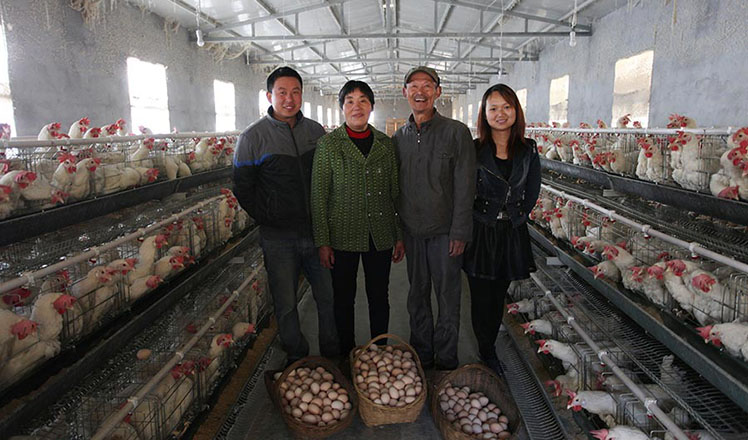
 Migrant couple returns to hometown to raise chickens
Migrant couple returns to hometown to raise chickens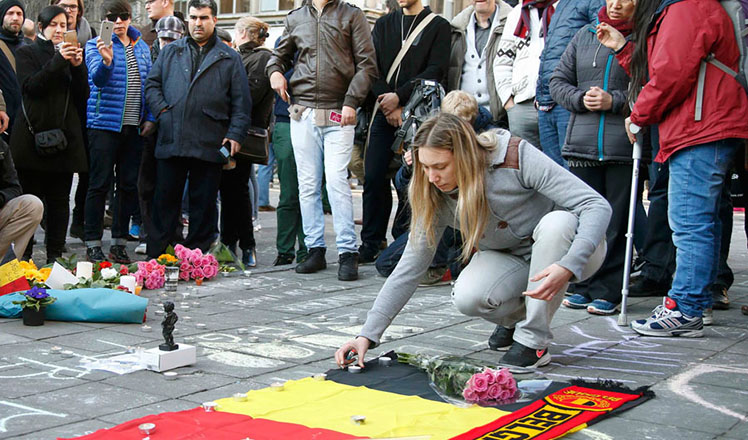
 Victims of Brussels attacks commemorated
Victims of Brussels attacks commemorated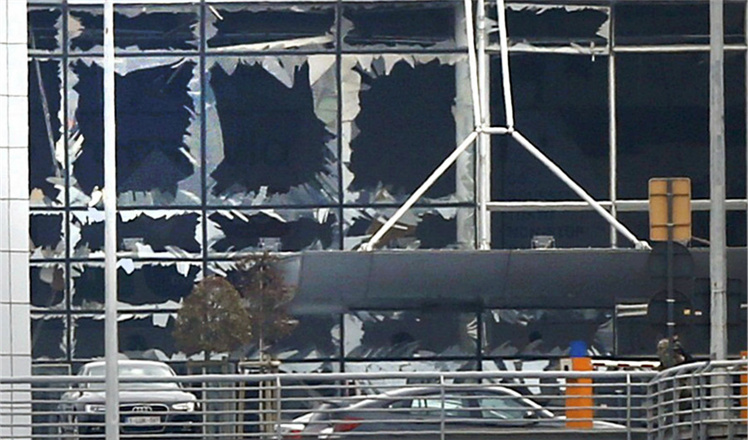
 In photos: Brussels rocked by multiple explosions
In photos: Brussels rocked by multiple explosions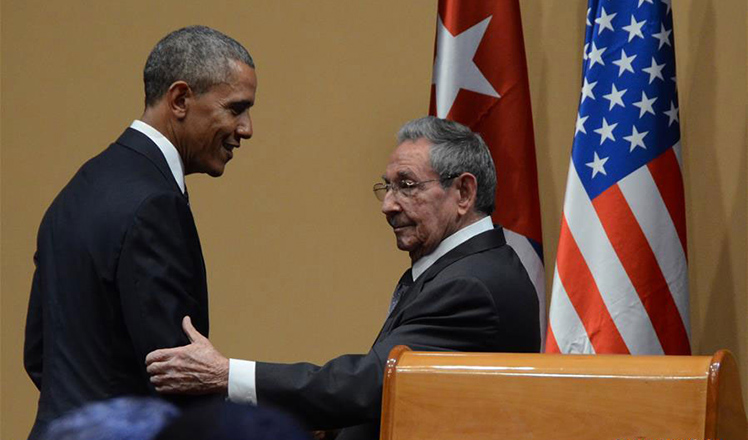
 Raul Castro and Obama hold talks in Havana
Raul Castro and Obama hold talks in Havana
 Facebook's Mark Zuckerberg visits China's Great Wall
Facebook's Mark Zuckerberg visits China's Great Wall
 Apple releases smaller iPhones for new consumers
Apple releases smaller iPhones for new consumers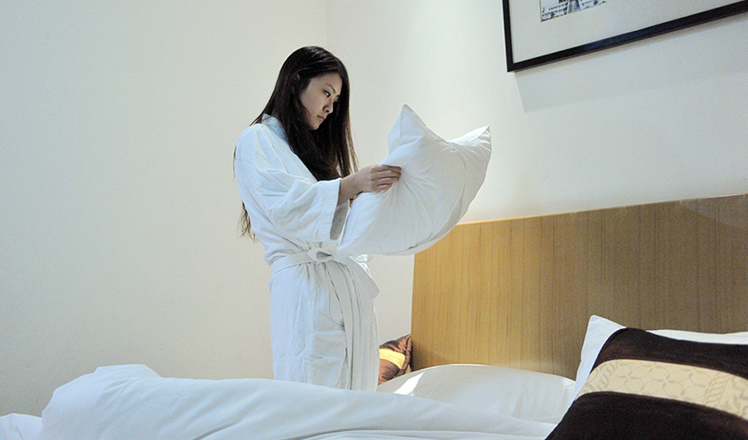
 China's 'sleep testers' search hotels for a good night's rest
China's 'sleep testers' search hotels for a good night's rest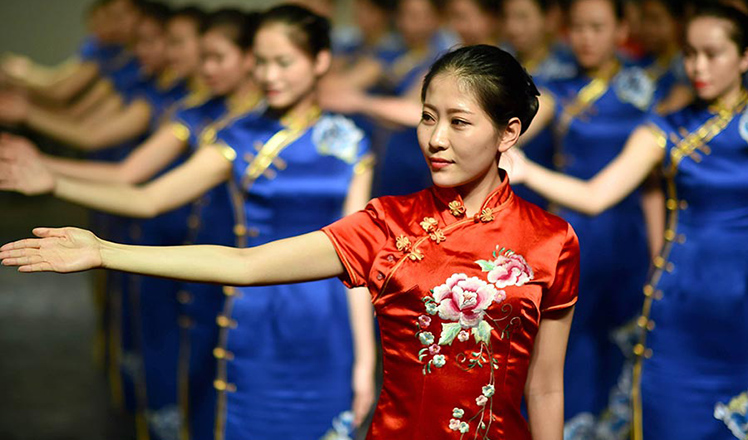
 Practice makes perfect: Preparing for Boao forum
Practice makes perfect: Preparing for Boao forum
Most Viewed
Editor's Picks

|

|

|

|

|

|
Today's Top News
Marriott unlikely to top Anbang offer for Starwood: Observers
Chinese biopharma debuts on Nasdaq
What ends Jeb Bush's White House hopes
Investigation for Nicolas's campaign
Will US-ASEAN meeting be good for region?
Accentuate the positive in Sino-US relations
Dangerous games on peninsula will have no winner
National Art Museum showing 400 puppets in new exhibition
US Weekly

|

|








